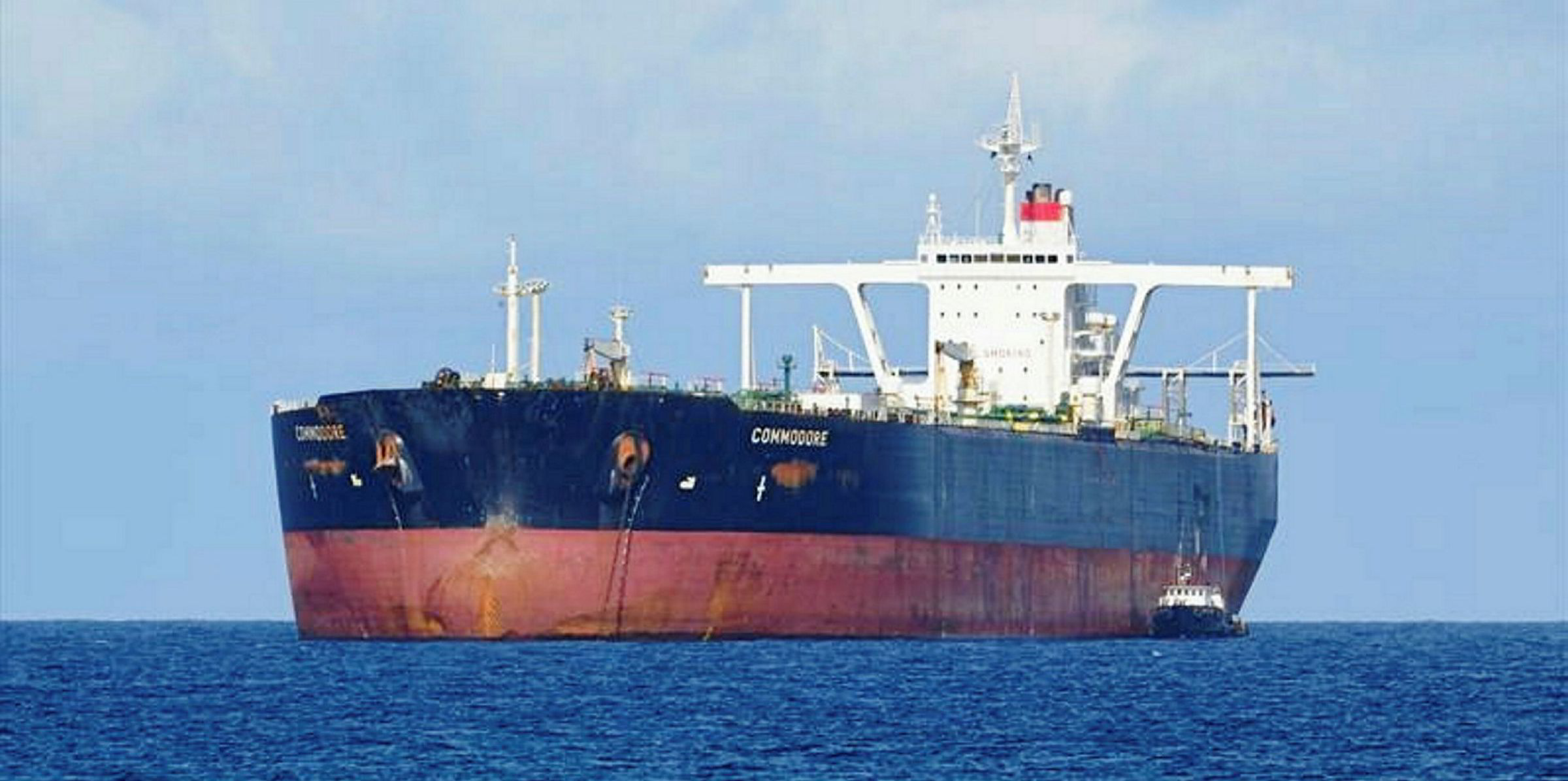Discussions within the maritime community about international sanctions have focused primarily on adherence to the wide-ranging measures imposed by the US government and the aggressive enforcement actions of its Office of Foreign Assets Control (Ofac).
By contrast, the UK’s equivalent authority, the Office of Financial Sanctions Implementation (OFSI), has rarely featured in shipping’s lexicon.


This is not surprising, given a broadly unified and altogether more conservative approach to sanctions across the European Union, and the fact that OFSI penalties last year totalled less than £200,000 ($254,000). By contrast, Ofac imposed $1.2bn in penalties for sanctions violations during the same period.
This may be set to change, however, as Britain edges closer to its EU departure date. Recent actions suggest that the UK’s post-Brexit sanctions position may be about to diverge significantly from the EU status quo.
The first action was the decision of the UK government to deploy commandos to board and detain the 300,000-dwt Grace 1 (built 1997) on 4 July 2019, whilst it was off Gibraltar. The ship was allegedly laden with Iranian oil bound for the Baniyas Refinery in Syria, which was and remains the subject of EU sanctions.
More robust approach
Although this move in the end proved ill-conceived — the vessel ultimately discharged its cargo in Syria and in the meantime a UK-flag tanker, the 50,000-dwt Stena Impero (built 2018), was seized and detained by Iranian authorities for two months — it suggested a more robust approach to sanctions enforcement and a more US-centric world view.
The second action was the OFSI’s enforcement action against Standard Chartered Bank, announced in February, in which Standard Chartered was fined £20.4m. This resulted from alleged breaches of EU sanctions imposed against Russia and represented a marked change from the OFSI’s previous enforcements.
Before this, the most significant financial penalty it had imposed was a tame £146,000 against telecommunication services provider Telia Carrier UK.
The third action was the UK’s decision, announced on 6 July, to depart from the EU sanctions scheme and exercise its powers under the Sanctions and Anti-Money Laundering Act 2018 to target 49 individuals and organisations for alleged human rights abuses. These individuals and entities are now subject to asset freezes and travel restrictions.
These recent actions are unlikely to affect shipping immediately. However, they put the industry on notice to pay careful attention to the evolving British sanctions landscape and ensure that compliance policies are equipped to ensure adherence. It seems inevitable that further divergence from the EU position lies in store as the end of the Brexit transition period approaches.
It is not only the threat of significant fines that makes this issue so pertinent, but the fact that London is a key insurance and finance hub, as well as the jurisdiction of choice for many shipping and commodities contracts.
Unwelcome
Breach of British sanctions could well trigger an event of default under finance covenants, result in difficulties in enforcing contractual rights, or trigger sanctions clauses under insurance contracts, giving UK sanctions an extra-territorial flavour.
None of this will be welcomed by the maritime community, which has already been the subject of sustained scrutiny by Ofac in recent months, particularly where action taken by the Trump administration has increased compliance obligations for those involved in international trade.
That said, there is no reason why a carefully crafted compliance policy, along with appropriate screening procedures, cannot also reduce the risk of violating UK sanctions.
Senior associate Alex Brandt and associate Claire Don are lawyers at Reed Smith. Partners Leigh Hansson and Brett Hillis, and associate Ray Shio-ho contributed to this article.






